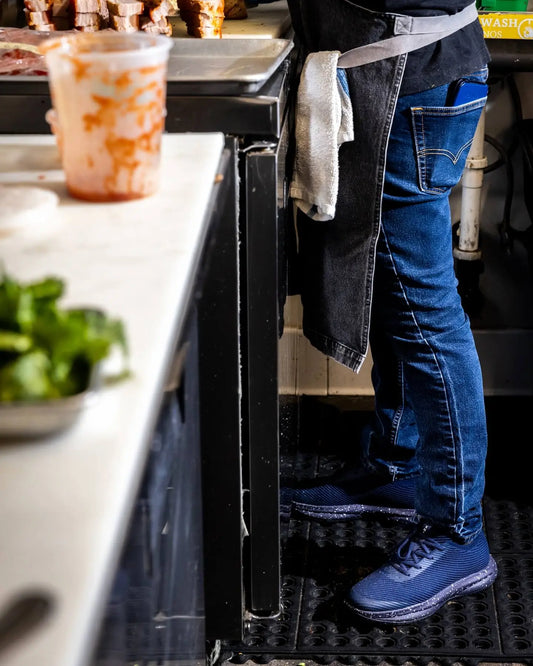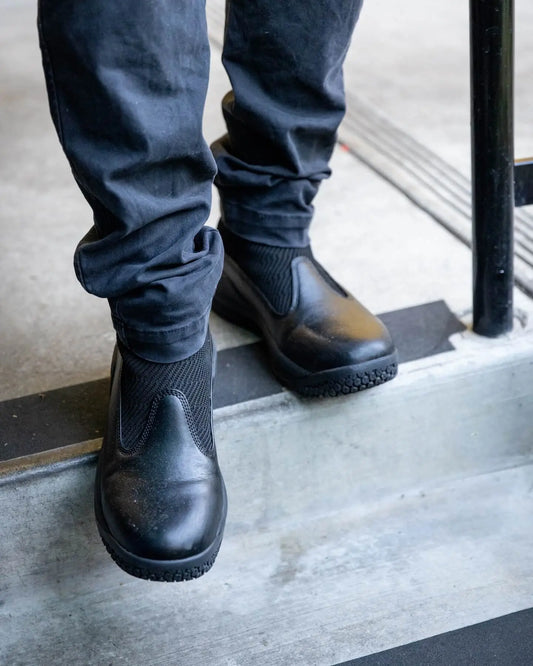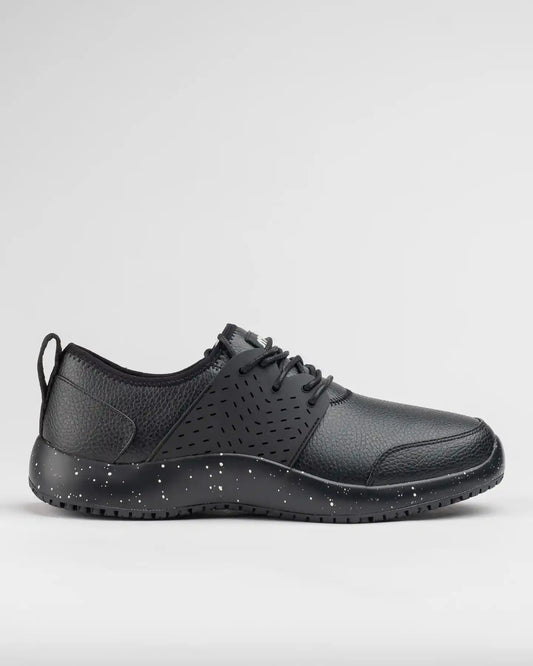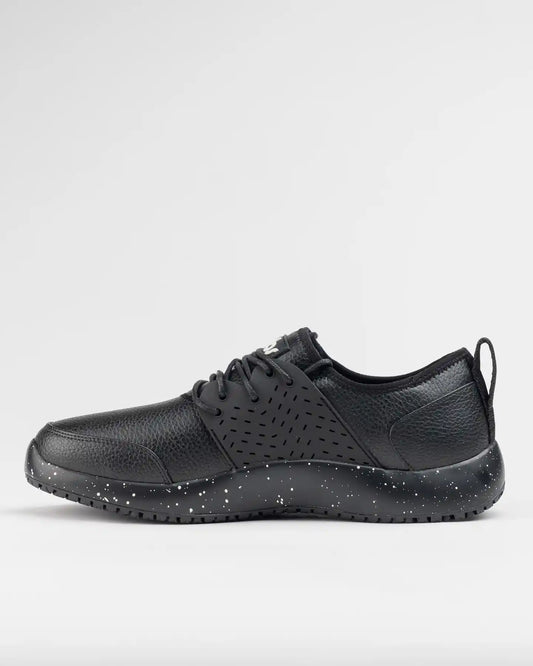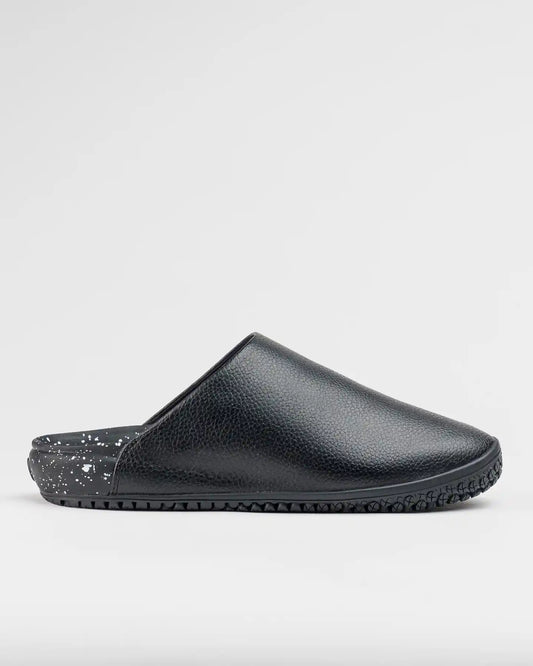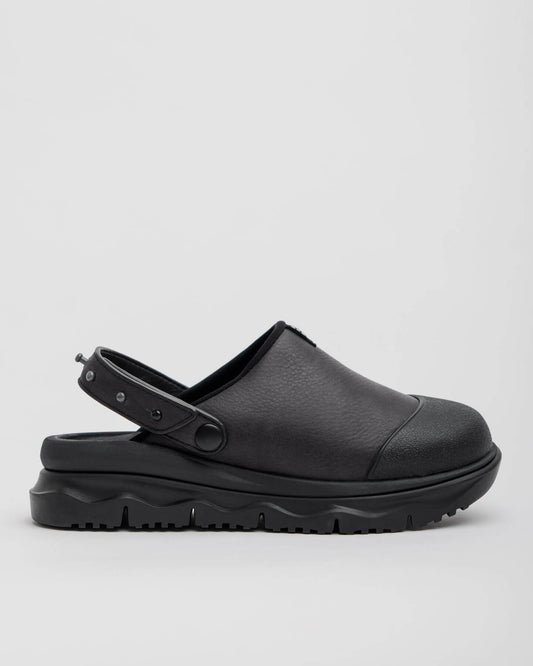Exploring the Pros and Cons of Being a Chef
Snibbs Footwear
The world of cooking is a vibrant and ever-changing industry that presents countless chances for individuals who have a passion for food and a dream of crafting delectable treats. Yet, like any occupation, pursuing a career as a professional chef comes with its own benefits and drawbacks.
Here, we’ll explore the pros and cons of being a chef and explain how to find the right balance in this fast-paced profession.
Pros of Being a Chef
Pursuing a career as a chef is attractive for many reasons, especially for those who are passionate about delicious food. There are many rewarding advantages of being a chef, including:
Opportunity for Creativity
You can unleash and express your creativity to transform ingredients into culinary masterpieces as a chef. From experimenting with flavors and textures to designing visually stunning dishes, the culinary world becomes your playground for artistic expression. Not to mention your endless opportunities to express your passion for food.
Being a chef allows you to indulge in your passion for food daily as you work with fresh, quality ingredients, explore diverse cuisines, and constantly expand your knowledge.
Job Satisfaction
Few professions offer the level of instant gratification and job satisfaction that being a chef does. The satisfaction derived from seeing people savoring and appreciating your creations is immensely rewarding and an incredibly fulfilling experience. As a chef, you can evoke emotions and create memorable dining experiences, which makes this profession so special.
Culinary Exploration
The expansive and multifaceted culinary world offers aspiring chefs a thrilling life of discovery and adventure. The learning opportunities are endless, from mastering different cooking techniques to discovering new ingredients and flavors from various cuisines. Every day that goes by gives you the chance to nurture your passion, expand your knowledge, and venture into uncharted culinary realms.
Career Growth and Opportunities
The culinary industry offers a wide range of career paths and growth opportunities. Embarking on your culinary journey can start as a line cook, gradually ascending the ranks to assume the roles of a sous chef, or executive chef. Or, maybe you choose to venture into the realm of entrepreneurship by opening your very own restaurant. You can carve out a fulfilling and prosperous career as an experienced chef with hard work, dedication, and a hunger for success.
Some areas of growth opportunities and expertise can include:1
- Executive Chef: As an executive chef, you oversee the entire kitchen operation, including menu creation, staff management, food preparation, and maintaining quality standards. It's a leadership role that requires exceptional culinary skills and managerial abilities.
- Pastry Chef: Pastry chefs specialize in creating exceptional sweets, pastries, and baked goods. Their expertise is perfecting the art of creating intricate and visually appealing sweet treats.
- Private Chef: Private chefs cater to the culinary demands of particular clients or families. This role often involves personalized menus, intimate dining experiences, and the opportunity to travel with clients.
- Culinary Instructor: Sharing knowledge and inspiring future chefs is a rewarding path for culinary enthusiasts. Becoming a culinary instructor allows chefs to teach cooking techniques, mentor aspiring chefs, and contribute to culinary education.
International Exposure
Chefs have the chance to explore different cuisines and cultures. Whether learning traditional techniques from renowned chefs or working in kitchens around the world, being a chef opens doors to exciting global experiences.
Cons of Being a Chef
Like any profession, the culinary and hospitality industry comes with its own set of obstacles and disadvantages that one must confront. However, understanding these challenges can better prepare you as you pursue your career.
Long Working Hours
One of the most significant challenges of being a chef is the demanding work schedule. The culinary world is notorious for its long and demanding hours. Chefs often work late nights, weekends, and holidays, sacrificing personal time and family commitments. It requires immense dedication and a willingness to embrace an unconventional work schedule.
Intense Pressure and High-Stress Levels
The fast-paced environment of a professional kitchen can be highly stressful. Managing multiple orders, time constraints, and high expectations can affect mental and physical well-being. The ability to perform under pressure, maintain composure, and deliver top-notch culinary experiences is essential.
While the pressure can be intense, it also hones your skills and strengthens your resilience. It's crucial for chefs and head cooks to develop effective stress management techniques to maintain a healthy work-life balance.
Financial Challenges
Starting a career as a chef may involve financial challenges, especially if you pursue higher education or dream of opening your own restaurant. Starting from the bottom of the culinary ladder may mean accepting lower wages or working long hours without immediate financial rewards. The initial stages of your culinary journey may require perseverance and dedication to overcome financial obstacles.
Competitive Nature of the Industry
The culinary world is highly competitive, and aspiring chefs need to constantly stay ahead of the game. The pressure to innovate, keep up with ever-evolving trends, create unique dishes, and remain relevant can be overwhelming. Chefs must continuously hone their skills and seek ways to differentiate themselves in a crowded industry. However, for those passionate about growth, this competition can be a driving force for excellence.
Physical and Mental Demands
The profession requires standing for extended periods, working in hot environments, and handling heavy equipment, which can take a huge toll on the body. Chefs often face the risk of burns, cuts, and other injuries and can experience severe neck, back, and foot pain.2
Moreover, the mental demands of multitasking, problem-solving, and ensuring quality standards can lead to mental exhaustion if not managed effectively.
Finding a Balance
Maintaining a healthy work-life balance is essential to avoid chef burnout and nurture personal relationships. Here are some strategies to help achieve a better equilibrium:
- Time Management: Effective time management skills are crucial to optimize productivity and allocate time for personal activities. Planning and prioritizing tasks can help create a more structured and balanced schedule.
- Delegation and Teamwork: Delegating tasks and fostering teamwork can lighten the workload and create a supportive professional kitchen environment. Building a reliable team allows chefs to share responsibilities and ensure smoother operations.
- Self-Care and Wellness: Taking care of oneself is vital in a high-stress profession like cooking and food preparation. Engaging in regular exercise, adopting stress-relief techniques like meditation or yoga, and maintaining a healthy diet can help chefs stay physically and mentally fit.
- Foster a Supportive Network: Build connections with like-minded individuals in the culinary community. Engage in collaborations, share experiences, and support each other's culinary journeys.
- Invest in Supportive Footwear: Speaking of support, it’s important that you’re back and feet are supported with the proper kitchen shoes as you spend hours on end working every day. Slip-resistant shoes with cushioned insoles can help prioritize your health and well-being while focusing on your work.
Finding Balance and Stepping Forward with Snibbs
Being a chef is a path that combines passion, creativity, and dedication. The opportunity to express your artistic vision through food and witness the joy it brings to others is immensely rewarding. However, it comes with its own demands, just like every profession. By embracing the pros, navigating the cons, and finding a balance that suits you, you can embark on a culinary journey filled with passion, growth, and all-day comfort.
When it comes to the all-day comfort part, we’ve got you covered. With slip-resistant outsoles and a commitment to all-day comfort, Snibbs ensures that chefs can focus on their craft without compromising their well-being. So step into the culinary realm, equipped with your passion, skill, and the comfort of Snibbs by your side.
Sources:
- Indeed. 15 Types of Chefs: Titles and Kitchen Hierarchy Explanations. https://www.indeed.com/career-advice/career-development/types-of-chefs
- Harvest America. The Physical Demands of Cooking for a Living. https://harvestamericacues.com/2018/04/02/the-physical-demands-of-cooking-for-a-living/


